Facebook fight against Fake Accounts

On March 1, 2019, Facebook and Instagram filed a lawsuit in US federal court (Case 3:19-cv-01167) against four companies and three people based in China for promoting the sale of fake accounts, likes and followers. Facebook announced this legal action through its blog Newsroom on the same day.
(https://newsroom.fb.com/news/2019/03/sale-of-fake-accounts-likes-and-followers/)
The lawsuit alleges that the companies and people violate US intellectual property law by illegally using Facebook's and Instagram's trademarks and brands, Facebook said.
"By filing the lawsuit, we hope to reinforce that this kind of fraudulent activity is not tolerated - and that we'll act forcefully to protect the integrity of our platform." Paul Grewal, Vice President and Deputy General Counsel Litigation at Facebook, said in the announcement.
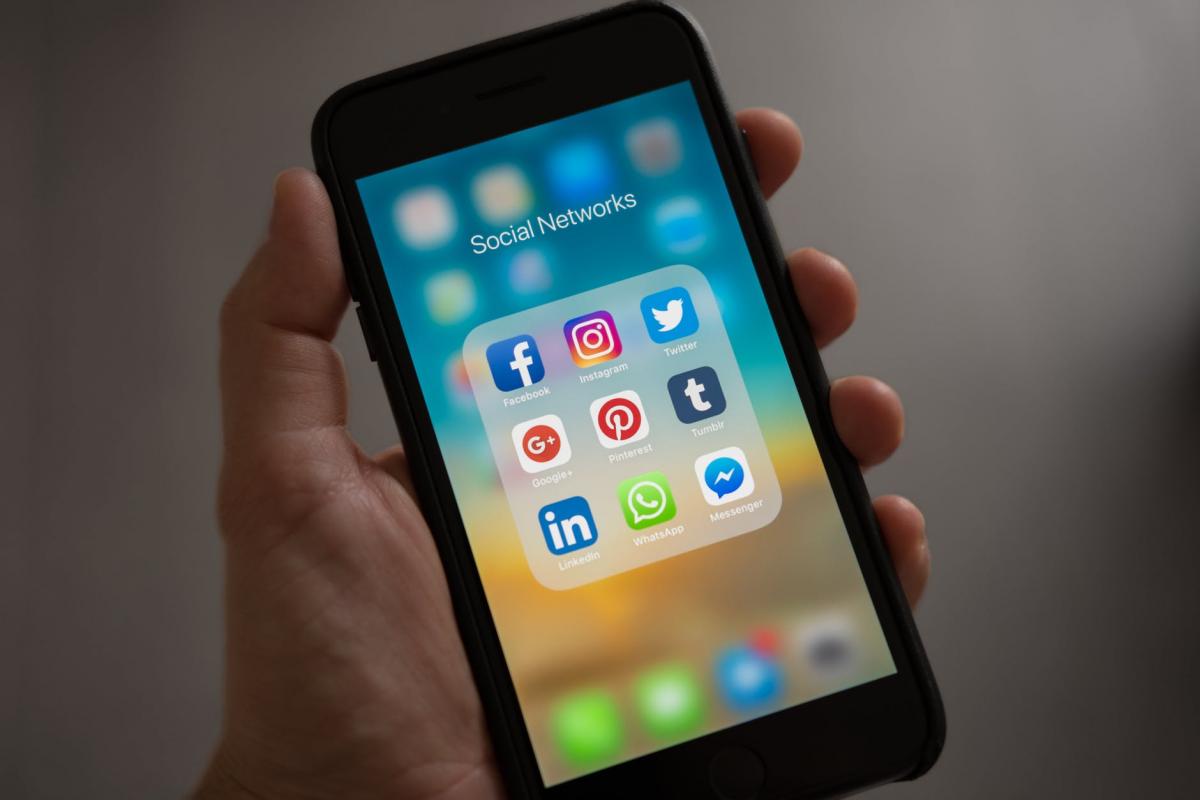
It is also revealed by Facebook that these companies and individuals did the same on Amazon, Apple, Google, LinkedIn and Twitter.
According to the complaint, since 2017, the defendants - based in Longyan (龙岩) and Shenzhen(深圳) - marketed and sold numerous fake accounts through 6 websites with confusingly similar domain names, such as myfacebook.cc, infacebook.cc, 9xiufacebook.com.
At the time of writing, these websites are no longer accessible, but you can also find traces of selling fake accounts from search results and page snapshots. For the time being, the defendants couldn't immediately be located.
“Fake accounts can be used for spam and phishing campaigns, misinformation campaigns, marketing scams, advertising fraud, and other fraud schemes which are profitable at scale. As a result, illicit online marketplaces advertise and sell bulk quantities of fake and inauthentic social media accounts.”
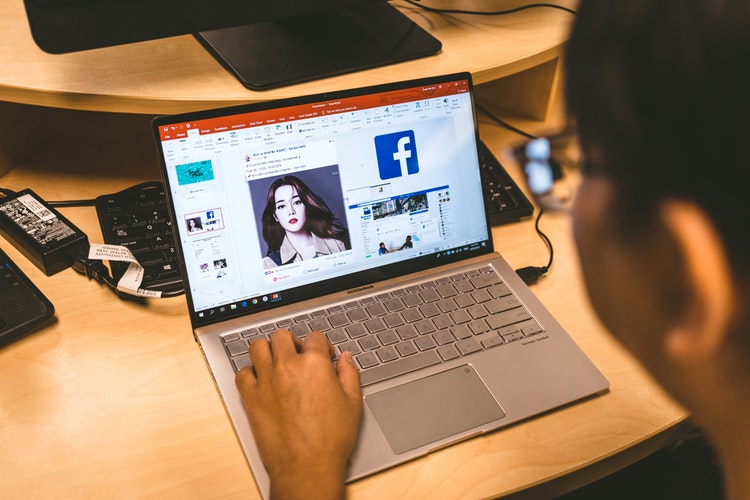
Facebook alleged in the complaints. Undoubtfully, these fake accounts and inauthentic likes and followers would lead to complaints from consumers due to over advertising, thus lose the trust from users. Furthermore, the advertisement revenues of Facebook will be influenced as well.
Facebook now is seeking a court order preventing these companies and entities from creating and promoting the sale of fake accounts, likes, and followers on Facebook and Instagram, stopping them from infringing trademarks through websites, banning them from the use of Facebook branded domain names to operate websites, namely cybersquatting.
Actually, Fake Account issue isn't a new problem tackled by Facebook. Since 2012, Facebook has announced its estimated number of active fake accounts, from 23 million in Q4 2012 to 116 million in Q4 2018.
The number of active fake accounts has increasingly soared. However, these duplicate accounts only make up 3%-4% of monthly active users at any given time.

Last year, Facebook began to announce the number of fake accounts disabled from the platform. These numbers are even more startling. At the end of Sep 2018, Facebook has removed 2.8 billion fake accounts in the previous 12 months, an average of 8.3 million per day.
Sheryl Sandberg, COO of Facebook, regards such achievement is a staged success on beating fake accounts and recovers some negative influences.
Because since 2016, the company is attacked by different scandals, Russian meddling, data sharing, hate speech. It is eroding the trusts from users. However, The New York Times commented that this arms race is an absurd battle of machine against machine.
Facebook's machine are identifying patterns of origin and content among these pages and quickly quashing them.
“The vast majority of accounts we take down are from extremely naïve adversaries who typically create automated accounts that are easy to spot” Alex Schultz, Facebook's vice president of analytics, said in an interview.
But he also admitted that the smaller numbers of fake accounts that elude detection are generally manually created accounts.
He also added they didn't want to over-enforce. What they actually focus on is the harmful behavior. The most consumers including me would like to know how Facebook will identify the said “harmful behavior”.
It seems no clear standard. If an account appears to be impersonating another user but isn't “engaged in harmful behavior”, Facebook often leaves it up, Mr. Schultz said. You cant be sure if these accounts are from the people who had lost their password, he supplemented accordingly.
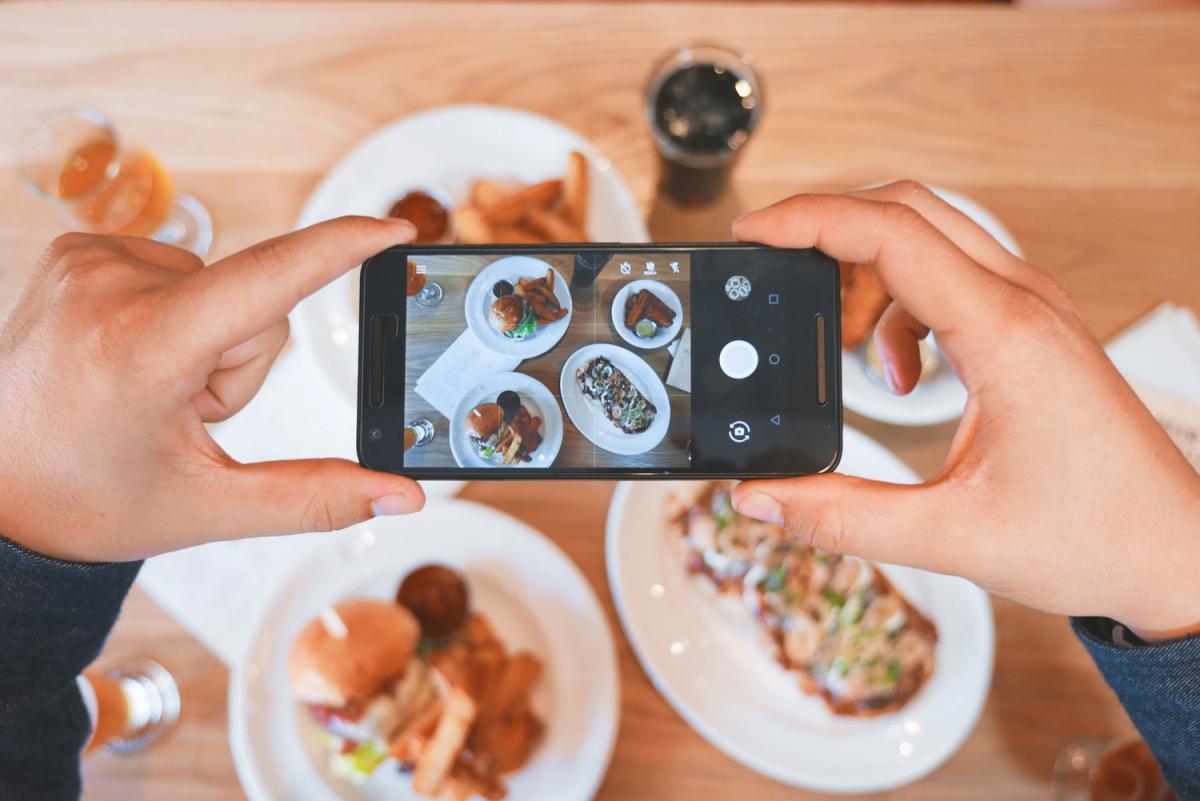
I have to say, in order to completely win back the trust of consumers, Facebook should show more sincerity, not just to use some seemingly good figures and arguable excuse to fool consumers.
Last year, reported by the New York Times, the Follower Factory called Devumi sold followers (not only limit to followers) to celebrities, businesses and anyone who wants to appear more popular influence online.
According to another report of the Times, Devumi has more than 200,000 customers, including reality television stars, professional athletes, comedians, TED speakers, etc. Obviously, fake accounts that are engaging in“harmful behavior”slip through.
What Devumi did is to copy the information from authentic user and create a fake account. So, these fake accounts might be hard to be identified as“harmful behavior”through auto machine since most information truly exists.
The purpose of most consumers from Devumi is to chase broader influence among the public, namely to be popular online.
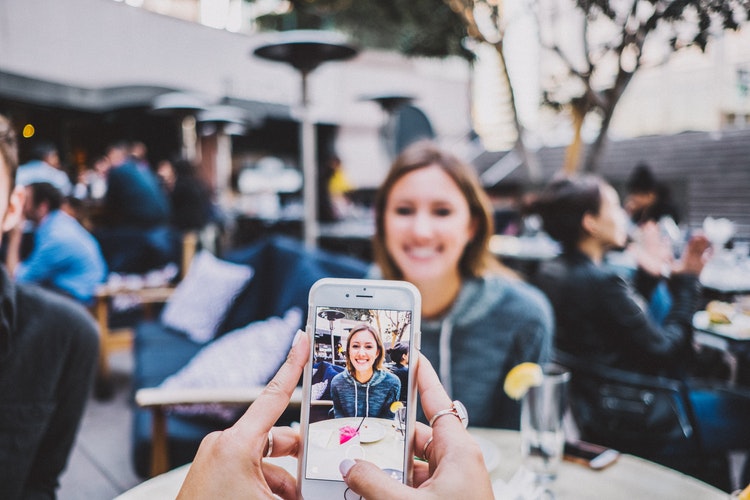
These fake accounts are able to swing advertising audiences and influence political debates. They can swindle consumers and defraud business. Yet their creation and sale fall into a legal gray zone.
For the time being, the website of Devumi is still available online. Your can easily find it through search machine.
The continued viability of fake accounts and the professionalization of these fraudulent services is an indication that there's still much work to do.
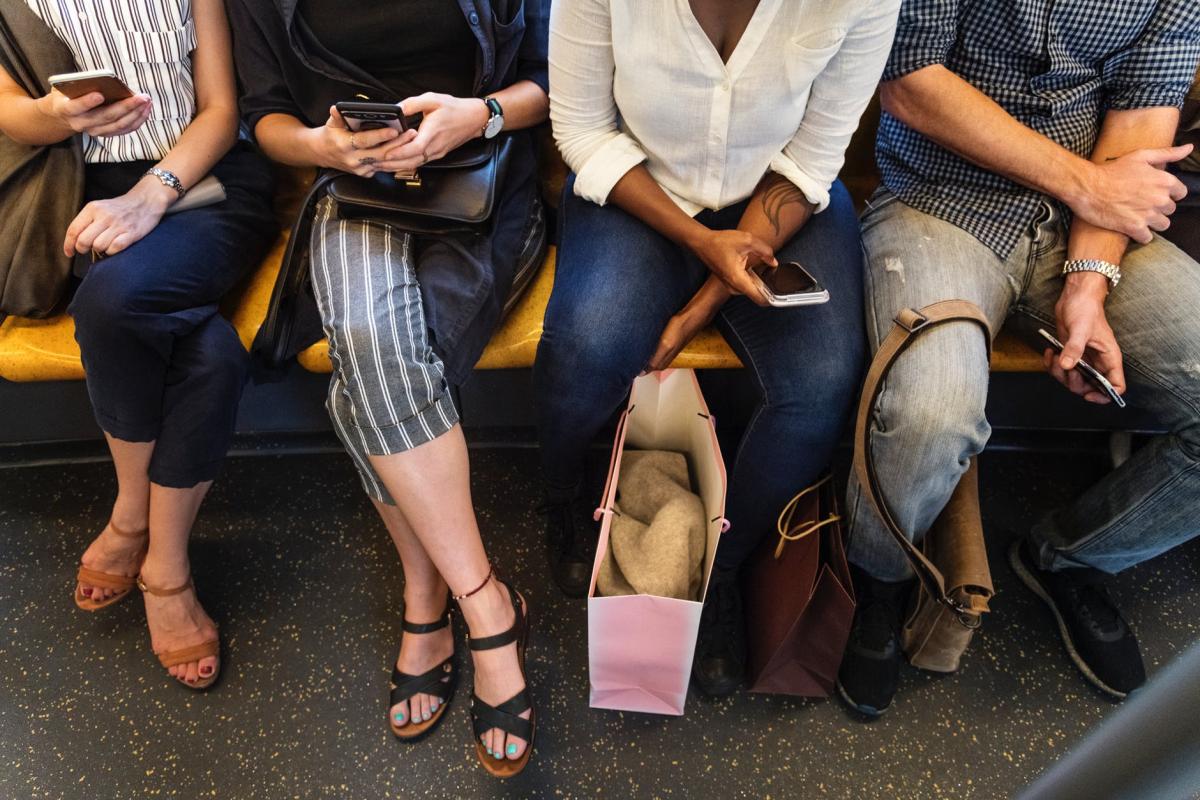
However, at least it is a great pleasure to see Facebook finally decides to take more sincerity fighting against fake accounts. The lawsuit against Chinese companies might be a good beginning to increase the intensity of crackdown.
It is foreseeable that the battle against these fraudulent accounts would be an arduous task in the long run. Actually, not only Facebook, but also other social networks like Google, Twitter, Weibo in China etc., shall give more attention to maintain the cybersecurity.
After all, nearly everyone uses social networks every day.
Ariel Huang
HFG Law&Intellectual Property


